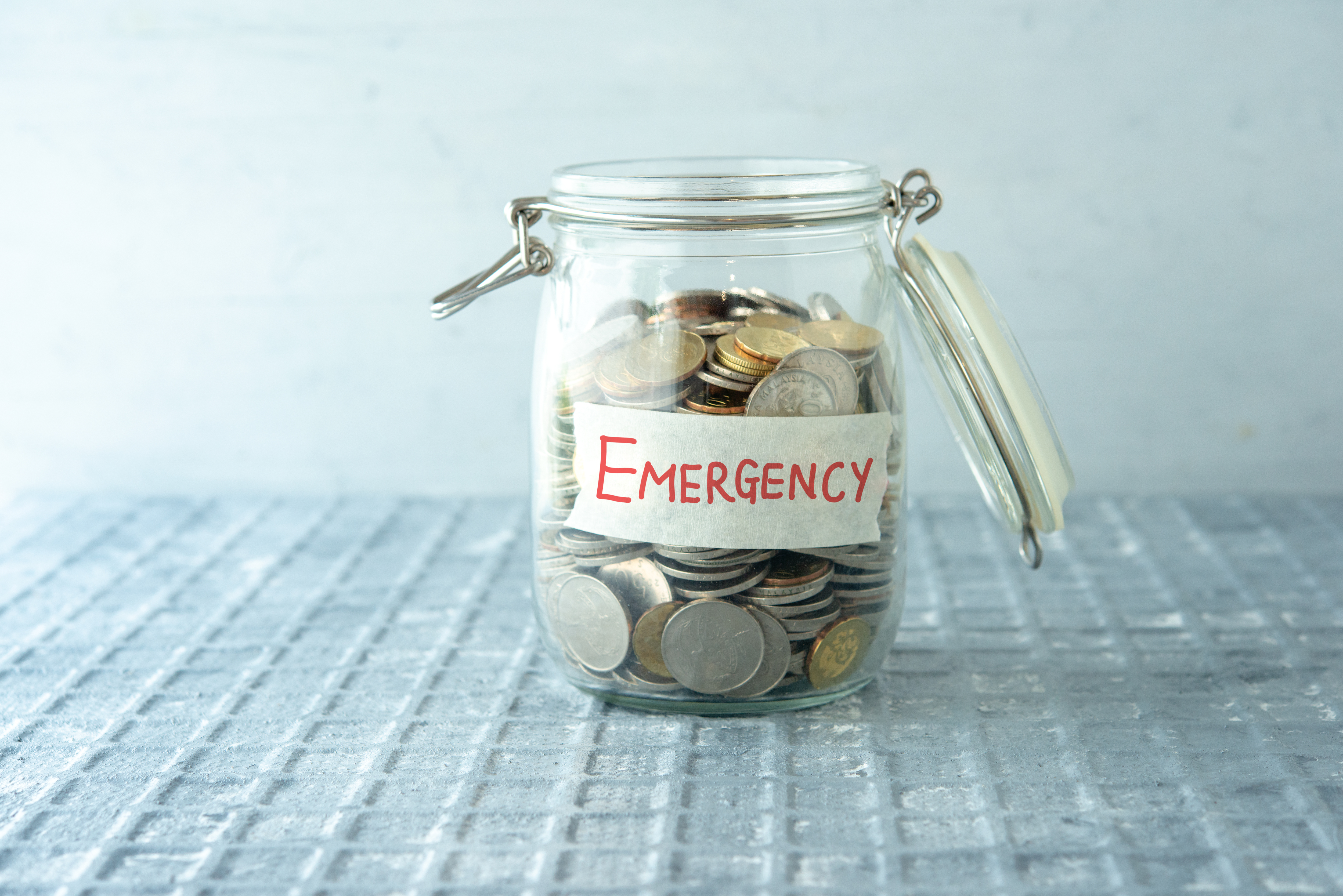Building Your Emergency Fund

Creating an emergency fund may sound difficult, but it is worth it when an emergency arises.
While some folks may already have a small emergency fund set, recent world events have likely affected the creation and development of this fund. With the recent pandemic and ongoing inflation, we now know that circumstances can change in an instant.
We can’t anticipate everything life throws at us, but we can put good habits into place that will help when disaster strikes, whether big or small.
What is an emergency fund?
An emergency fund provides you with funds you require during times of crisis, whether this be an unexpected injury, loss of income, an unexpected expense, or as we’ve seen, a global pandemic.
Keeping a regular budget to address everyday spending is the best way to stay on top of anticipated expenses. Insurance is for the extreme events that are more unlikely, but still possible. An emergency fund lies in between these two.
How and when to use your emergency fund
An emergency fund is there to manage unexpected situations while also helping you plan for your future. The “when” aspect of using the emergency fund is determined by how you define “emergency”.
Creating your own criteria will help you keep that money off limits until that situation arises. Generally, emergency funds are set aside for unexpected expenses not otherwise considered during your regular budgeting process. Examples include:
- Vehicle repairs
- Replacing a large appliance
- Home repairs
- Loss of income due to inability to work, job loss, etc.
The purpose of having an emergency fund is to have money accessible for a defined period of time. Here are some tips on how you can define and use your emergency fund:
- Consider planning for the emergency that is most likely: employment gaps.
- How long would it take to find a new job, based on your industry, credentials and geographic location? This estimate will create a goal for how long you would need to dip into that emergency fund (general rule of thumb is having 3-6 months worth of expenses saved).
- Immediate non-negotiable needs are food and safety.
- If you shop consciously, being aware of portioning and waste, and buying in reasonable volume to reduce cost-per-unit, you can cut down these expenses and not use too much of that fund.
- Rent/mortgage and utilities are up next.
- Short or skipped payments can result in interest and penalties which will compound both emotional and financial stress eventually. Skipping or shorting payments will set back your finances as it will take you time to recover from this.
- Be smart with your choices.
- Review banking statements from previous years; tracking and cutting out non-essentials and deducting items that you may be able to go a few months without.
- Be selective when it comes to luxuries and consider if a certain luxury is worth it.
- Keep your focus on where your money is going and remember that your practical actions can improve your future.
- Continuously track where your money comes from and where it’s going.
- Now is the time to track every penny. This practice will help you adapt to change and ensure you are making the most out of your emergency fund.
When an emergency arises it’s easy to feel overwhelmed, but creating an emergency fund and having a plan can minimize some of the stress that comes along with unforeseen situations.
For more information regarding emergency funds, reach out to one of our trusted Wealth Advisors.


